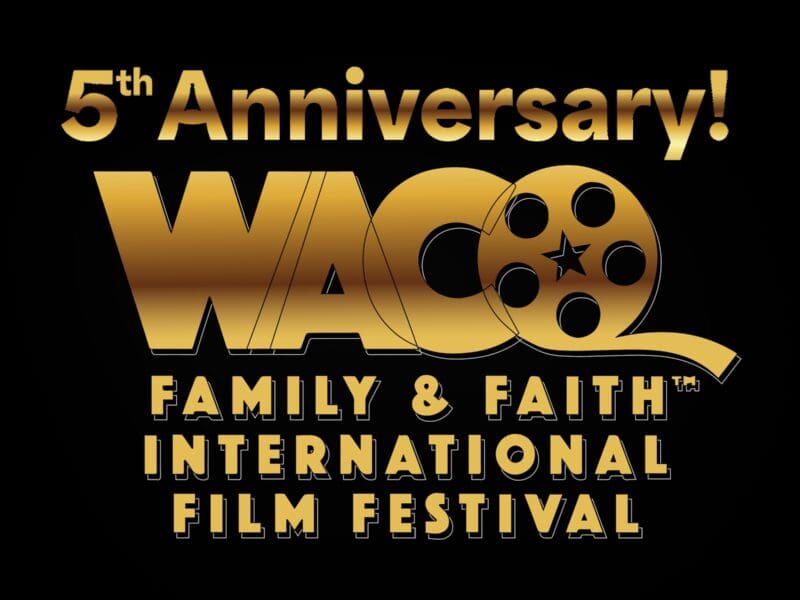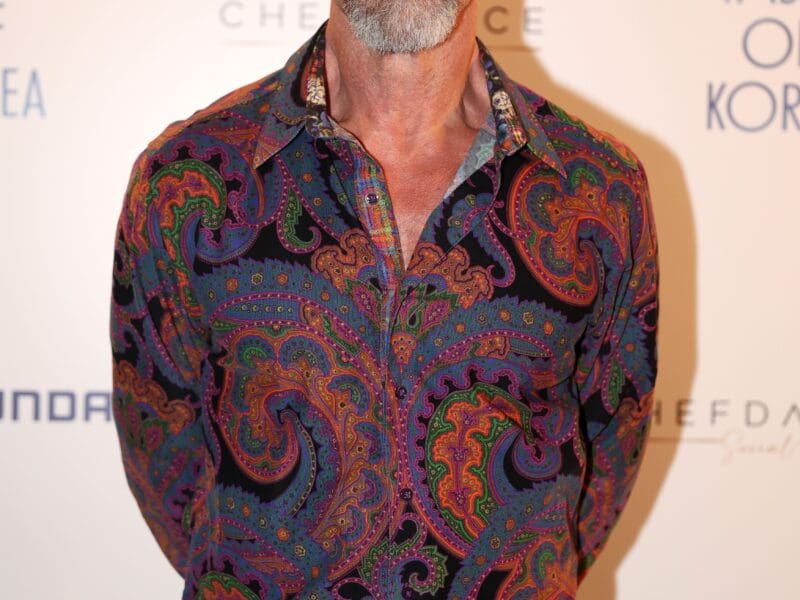
FVPS calls filmmakers to the world of poetry
The Film and Video Poetry Symposium continues to offer their program as a public event even as coronavirus threatens audiences from returning to theaters. Film festival season and many, many other events have been knocked low by the spread of the COVID-19 pandemic.
While some film festivals are outright cancelling or transitioning to online platforms, The Film and Video Poetry Symposium activated a wise backup strategy to protect the cinema experience for their community.
The 3rd Annual Film and Video Poetry Symposium continues to accept submissions for its upcoming film program until Aug. 3, 2020. The full program and venues will be announced on Sunday, Sept. 6, 2020. Originally, the event date was set for July 2020, but due to the COVID-19 pandemic, the decision was made to extend submissions and reschedule the symposium to fall 2020. The new event dates will be announced on Sept. 6, 2020. Bravo!

The FVPS mission is as follows: “The Film and Video Poetry Symposium celebrates artistic excellence found through the union of poetry, film, video, and new media. The symposium brings together cinema enthusiasts, poets, filmmakers, video artists, and media artists to discover innovative work that stems from this dynamic field”.
The Film and Video Poetry Society was developed in 2014 and launched The Film and Video Poetry Symposium in 2017. The FVPS core mission is to develop, engage, and challenge audiences purposefully through media presentations, readings, and group conversation. Their events offer poetry readings, film and video, panels, workshops, and world-building activities, encouraging critical thinking to contextualize important modern issues.
The goal of FVPS is to enable guests to have an ongoing conversation that contributes positively to all modes of industry and community. FVPS is committed to expanding the presence of poetry in modern markets in a way that supports literacy and empowers cultural exchange.

What is FVPS accepting for the Symposium?
FVPS is looking for “poetry films, film poems, digital-poetry, poetry video, Cin(E)-Poetry, spoken word films, videopoema, visual poetry, choreopoems, poetronica, media poetry, and all films and video that are driven poetically or visually by text.”
If you don’t have a film submission for the FVPS Symposium, then don’t worry. As per the submission page on their website, “live performances, virtual reality projects, video mapping, installation proposals, and small- & grand-scale video art presentations that hybrid or contain strong aspects of poetry” are encouraged to be submitted.

Basically, the Film and Video Poet Society looks for work that “examines and/or challenges traditional visual communication methods while continuing to function as a tool for exploring narrative, language, and expression.”
If you work more on the non-fiction side of things, FVPS also will consider documentaries so long as they focus on “poets, poems, poetry, poetic technique, literary movements, and historical events within these realms.”
If any of that sounds up your alley, then definitely consider filling out the FVPS online submission form. If you want to know more about submitting to The 2020 Film and Video Poetry Symposium, then check out www.FVPSociety.com.

What submission categories are there for the FVPS?
There are four categories you can submit to the FVPS 2020 Symposium. The awards offered are for Best Video Poem, Outstanding Poem, Best Experimental Film, Best Essay Film, and Best Choreopoem.
Each of the submission categories are as follows, according to the FVPS.
• Video Poetry / Poetry film: This genre fuses the use of spoken poetry, visual images, text, and sound. This fusion of visual images and poetry (both independent and interdependent) create a stronger presentation and interpretation of the meanings being conveyed. Video Poetry is also known as videopoetry (one word), video-visual poetry, poetronica, poetry video, media poetry, or Cin(E)-Poetry.
• Essay film (or “cinematic essay”): An essay film consists of the evolution of a theme or an idea rather than a plot per se, or the film literally being a cinematic accompaniment to a narrator reading an essay.
From another perspective, an essay film could be defined as a documentary film visual basis combined with a form of commentary that contains elements of self-portrait (rather than autobiography), where the signature (rather than the life story) of the filmmaker is apparent. The cinematic essay often blends documentary, fiction, and experimental film making using tone and editing style.
• Experimental Film: Experimental film, experimental cinema, or avant-garde cinema is a mode of filmmaking that rigorously re-evaluates cinematic conventions and explores non- narrative forms and alternatives to traditional narratives or methods of filmmaking.
• Documentary: Documentary is a nonfiction film or video work intended to constitute itself as a record of evidence about the past. The form is primarily used for instruction, education, advocacy, and journalism. The Film and Video Poetry Symposium will consider documentaries that focus on poets, poems, poetry, poetic technique, literary movements, and historical events within these realms.

How much does it cost to enter?
The standard entry fee for the FVPS is $20 USD, and the student entry is $10 USD. If you are in financial need, then you can apply to cancel the submission fee by waiver.
Submission length for whatever project you wish to submit for the FVPS is not an issue. It can be as long or as short as it needs to be, so long as it falls in line with the category it’s submitted for.







